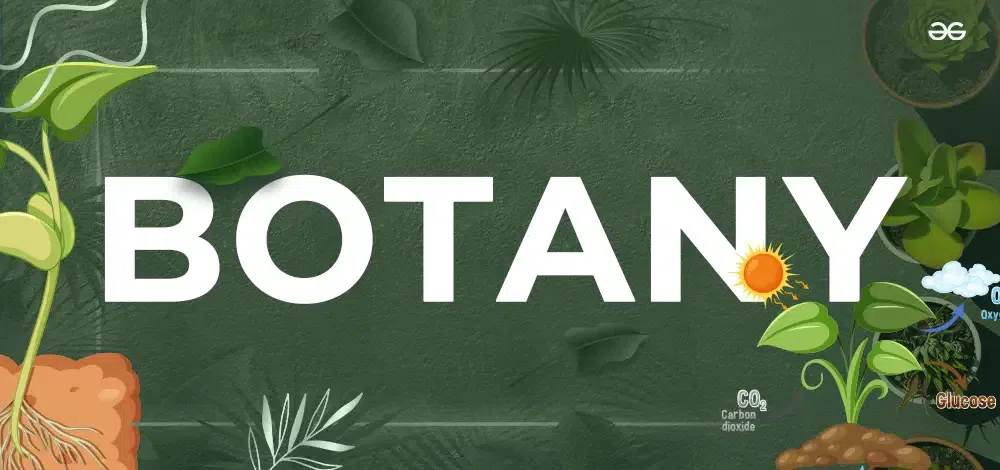Whispers of the Wild: How Plants Shape Our World Through Magic and Myth
Whispers of the Wild: How Plants Shape Our World Through Magic and Myth
Blog Article
In an era dominated by engineering and urbanization, it's an easy task to ignore the incredible position plants play in sustaining life on Earth. Nevertheless, gardening are a great deal more than just a backdrop to our daily lives—they're crucial to the well-being of equally the environmental surroundings and humanity. From purifying the air we breathe to marketing intellectual wellness, plants are the unsung guardians of our planet's health.

The Important Position of Plants in the Environment
Flowers serve since the backbone of Earth's ecosystems, providing a multitude of benefits that maintain life. They produce oxygen through photosynthesis, a procedure wherever flowers convert sunshine in to power and launch oxygen as a byproduct. That normal occurrence is required for individual survival, along with the success of countless different species.
Beyond air production, crops also behave as natural carbon sinks. In the face of weather change, plants digest large amounts of co2 from the environment, helping mitigate the consequences of global warming. Woods, as an example, have now been shown to keep more carbon inside their biomass, making them important participants in the fight environment change.
Moreover, crops are important in sustaining soil wellness and blocking erosion. Their sources strengthen the land, minimize runoff, and increase water retention. This generates a healthy environment that helps biodiversity and helps manage regional climates.
Plants as Heart Nourishers
Equally, the ancient Greeks and Romans traced numerous divine characteristics to crops, from the laurel wreath that symbolized success to the olive pine addressing peace and prosperity. In several indigenous countries, plants like sage and forest were used in cleansing rituals, believed to cleanse places and spirits.
On a emotional level, crops also provide a profound affect human health. Study indicates that only being about greenery may minimize pressure, enhance imagination, and improve overall mood. Whether it's a houseplant in your windowsill or a stroll by way of a rich park, the clear presence of crops has a calming effect on the mind.
Flowers also lead to better air quality. Many indoor plants can filtration contaminants, such as for example benzene, formaldehyde, and ammonia, purifying the air and producing a wholesome living environment. The therapeutic features of flowers, both indoors and outdoors, are not just scientifically guaranteed but are also celebrated by cultures worldwide.

Conclusion
The quiet, yet powerful, impact of flowers on both planet's ecosystems and individual well-being can not be overstated. As we continue to manage environmental and emotional health issues, it's essential that individuals realize flowers as true "natural guardians"—steadfast covers of the Planet and healers of the human spirit. Let's continue steadily to feed, protect, and observe the amazing energy of flowers, ensuring a thriving planet for future generations. Report this page